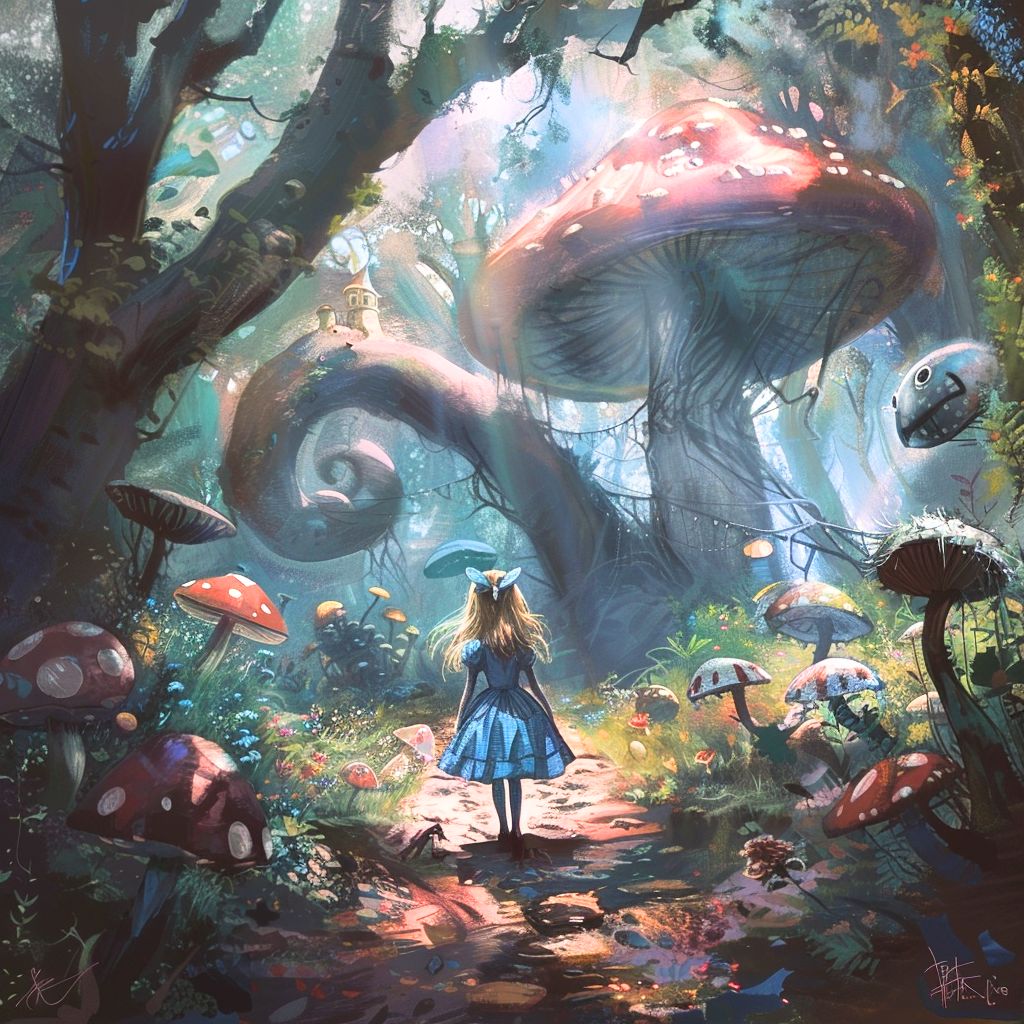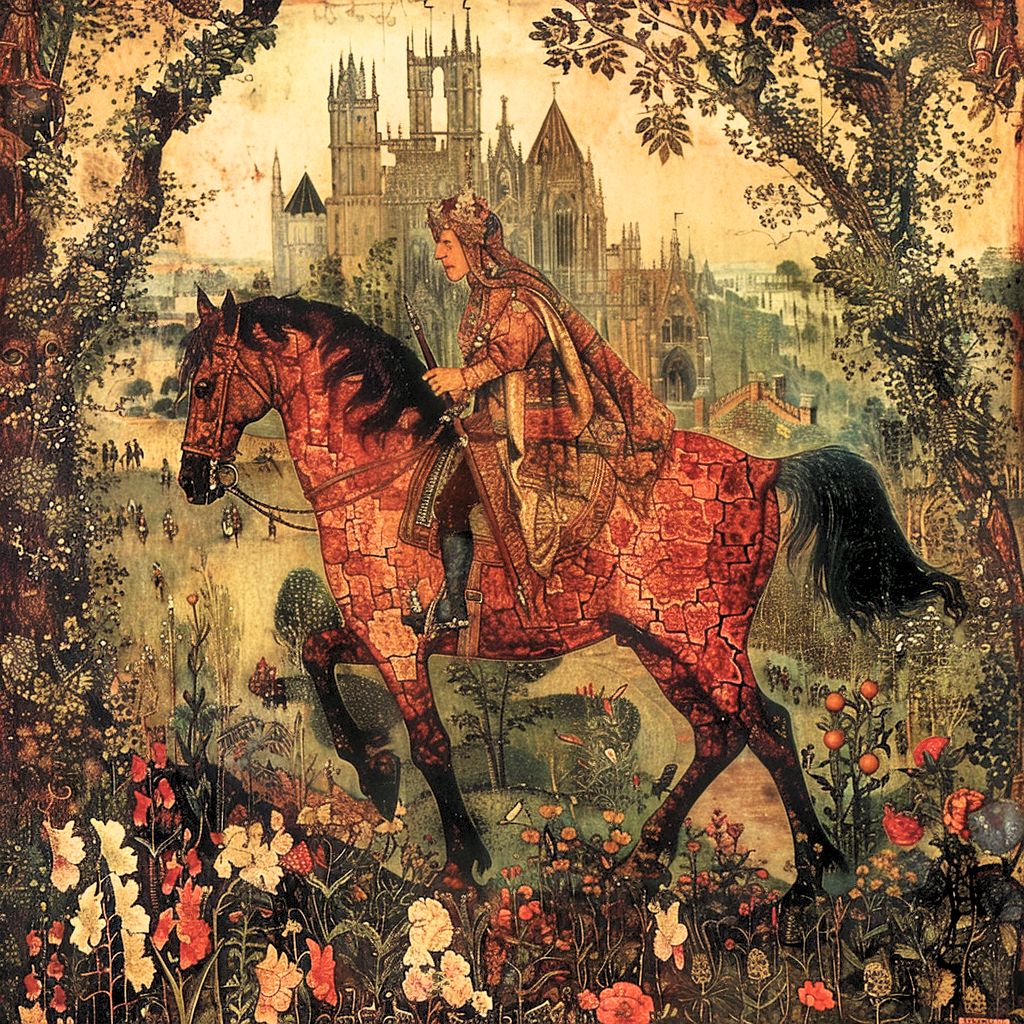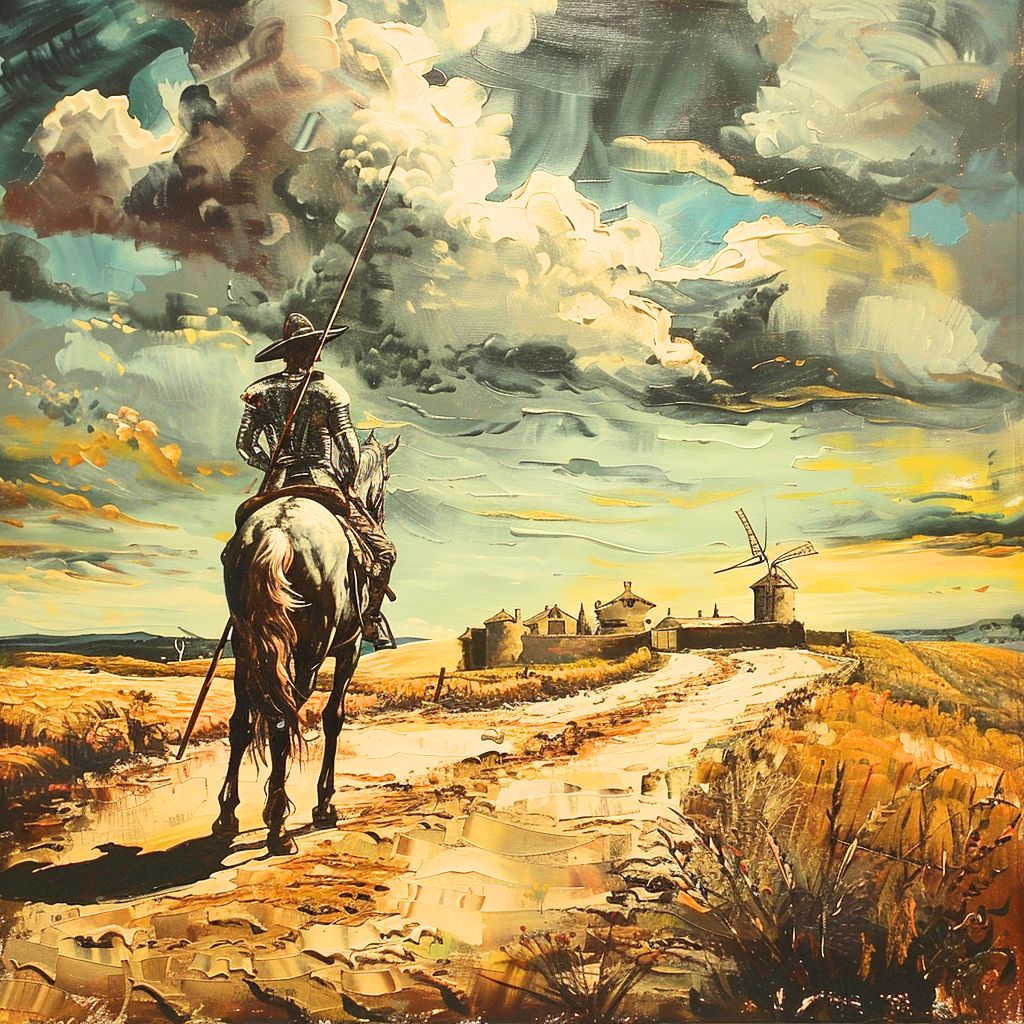Language is a living entity, constantly evolving and adapting through the influences of culture, technology, and, significantly, literature.
Throughout history, certain literary works have left an indelible mark on the languages in which they were written, enriching vocabulary, shaping syntax, and embedding idiomatic expressions.
Let us now explore these works one by one.
Enjoy.
1. Beowulf (Anonymous)
“Beowulf,” an Old English epic poem, is one of the earliest and most important works in Anglo-Saxon literature. Its rich use of kennings, a type of metaphorical compound word or phrase, has added depth to the English language. For example, the sea is referred to as the “whale road,” showcasing the poetic potential of the language during that era.
2. The Canterbury Tales by Geoffrey Chaucer
Geoffrey Chaucer’s “The Canterbury Tales” is pivotal in the history of the English language. Written in Middle English, it helped standardize the language and demonstrated its capability for complex narrative and character development. Chaucer’s work introduced many new vocabulary and expressions, many of which are still recognized today.
3. Hamlet by William Shakespeare
William Shakespeare’s influence on the English language is unparalleled. “Hamlet,” like many of his plays, is a treasure trove of idiomatic expressions and phrases that have become part of everyday English. Phrases like “to be or not to be” and words like “brevity” and “assassination” showcase his profound impact on the language.
4. Don Quixote by Miguel de Cervantes
“Don Quixote,” widely regarded as the first modern novel, significantly influenced the Spanish language. Cervantes’ inventive use of vernacular and dialogue brought a new dynamism to Spanish literature. The term “quixotic,” derived from the protagonist’s name, is now used to describe impractically idealistic pursuits.
5. Paradise Lost by John Milton
John Milton’s “Paradise Lost” is an epic poem that enriched the English lexicon with many new words and phrases. Milton’s grandiose style and innovative use of blank verse have left a lasting legacy on English literature and language.
6. Gulliver’s Travels by Jonathan Swift
Jonathan Swift’s satirical work “Gulliver’s Travels” has contributed several terms to the English language, such as “Lilliputian” (meaning very small) and “Yahoo” (a crude, brutish person). Swift’s imaginative narrative and sharp social commentary have cemented its place in literary and linguistic history.
7. Pride and Prejudice by Jane Austen
Jane Austen’s “Pride and Prejudice” has not only influenced English literature but has also contributed idiomatic expressions and character archetypes to the language. Terms like “second-guess” and “make haste” are part of her enduring linguistic legacy.
8. Moby-Dick by Herman Melville
Herman Melville’s “Moby-Dick” is renowned for its rich and complex narrative style. The novel’s extensive vocabulary and inventive expressions have influenced the English language, introducing terms like “whale of a time” and phrases that evoke the novel’s thematic depth.
9. The Divine Comedy by Dante Alighieri
Dante’s “The Divine Comedy” is not only a cornerstone of Italian literature but also a work that has had a profound influence on the Italian language. Dante’s innovative use of the vernacular instead of Latin made literature accessible to a broader audience and enriched the Italian lexicon.
10. Les Misérables by Victor Hugo
Victor Hugo’s “Les Misérables” has left a significant mark on the French language. The novel’s exploration of social justice and human nature is reflected in its powerful use of language, with many of Hugo’s expressions becoming part of everyday French.
11. War and Peace by Leo Tolstoy
Leo Tolstoy’s “War and Peace” is a monumental work in Russian literature. Its detailed narrative and philosophical depth have influenced the Russian language, introducing complex sentence structures and enriching its literary expression.
12. The Odyssey by Homer
Homer’s “The Odyssey” is one of the oldest and most important works in Western literature. Its epic narrative has influenced not only the Greek language but also the literary traditions of many other languages, embedding phrases like “an odyssey” to describe a long journey.
13. One Hundred Years of Solitude by Gabriel García Márquez
Gabriel García Márquez’s masterpiece has significantly influenced Spanish literature and language. The term “magical realism,” a genre that Márquez popularized, describes the blending of the fantastic with the mundane in a way that has impacted literary styles worldwide.
14. The Tale of Genji by Murasaki Shikibu
“The Tale of Genji,” written by Murasaki Shikibu in the early 11th century, is often considered the world’s first novel. This classic of Japanese literature has had a profound influence on the Japanese language, introducing sophisticated courtly expressions and narrative techniques.
15. Faust by Johann Wolfgang von Goethe
Goethe’s Faust is a seminal work in German literature. Its influence on the German language is evident in the phrases and words it introduced, which are still in use today. The term “Faustian bargain” describes a deal with the devil or a pact that sacrifices integrity for power.
16. The Mahabharata (Anonymous)
“The Mahabharata,” an epic of ancient India, is one of the longest-written works in the world. Its profound influence on Sanskrit and many modern Indian languages undeniably contributes significantly to literary and colloquial expressions.
17. Alice’s Adventures in Wonderland
 Lewis Carroll’s “Alice’s Adventures in Wonderland” has introduced whimsical and playful language to English. Words like “chortle” and “galumph” originated from Carroll’s imaginative use of language, enriching English with his inventive expressions.
Lewis Carroll’s “Alice’s Adventures in Wonderland” has introduced whimsical and playful language to English. Words like “chortle” and “galumph” originated from Carroll’s imaginative use of language, enriching English with his inventive expressions.
18. The Qur’an
The Qur’an, the holy book of Islam, has had a significant influence on the Arabic language. Its poetic structure and profound expressions have enriched Arabic literature and speech, influencing countless works and everyday language use.
19. The Book of Psalms
The Book of Psalms, part of the Hebrew Bible, has greatly influenced religious and secular texts in Hebrew and other languages. Its poetic and lyrical style has contributed numerous phrases and expressions to many languages.
20. Leaves of Grass by Walt Whitman
Walt Whitman’s “Leaves of Grass” is a seminal work in American literature. Its free verse and democratic themes have influenced English literature, introducing new rhythms and cadences that have shaped modern poetry.
21. Things Fall Apart by Chinua Achebe
Chinua Achebe’s “Things Fall Apart” has had a profound impact on African literature and the English language. The novel’s use of Igbo proverbs and its narrative style have enriched English with African cultural expressions and storytelling techniques.
These literary works not only reflect the richness of their respective languages but also highlight the profound influence literature has on linguistic evolution.
If you haven’t done so yet, I highly encourage you to read some of these masterpieces!

Hey fellow Linguaholics! It’s me, Marcel. I am the proud owner of linguaholic.com. Languages have always been my passion and I have studied Linguistics, Computational Linguistics and Sinology at the University of Zurich. It is my utmost pleasure to share with all of you guys what I know about languages and linguistics in general.







